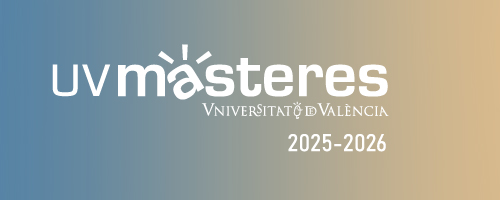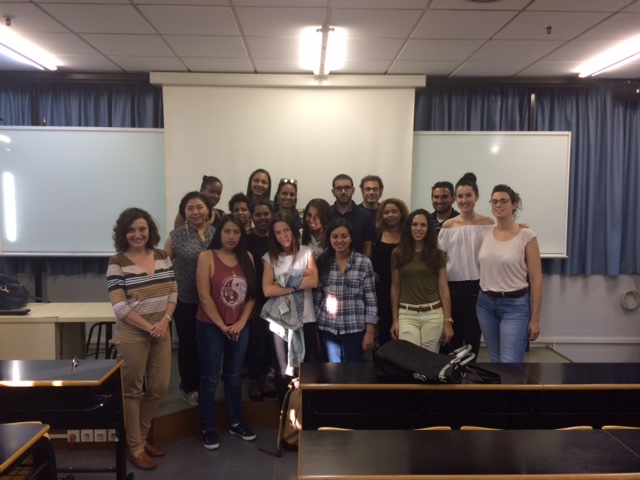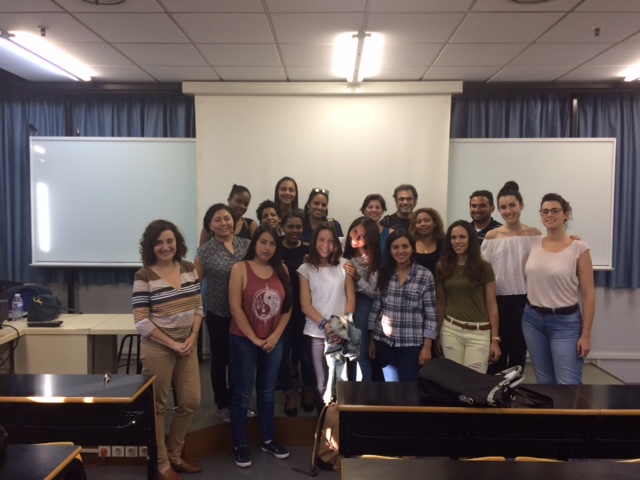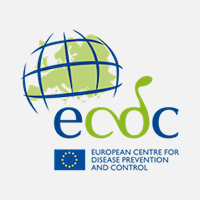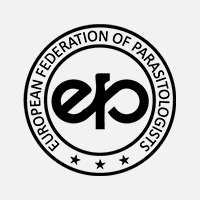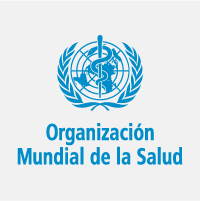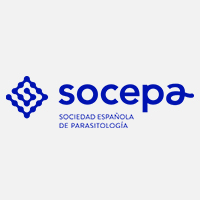
Molecular diagnosis brings new possibilities to the treatment and attention of neglected diseases.
15 february 2016
Members of the National Centre of Microbiology at the Carlos III Health Institute have coordinated the book “Diagnóstico de las Engermedades Desatendidas: moléculas y trópico” (“Diagnosis of Neglected Diseases: Molecules and Tropics”) which was published in 2015. Along the work, well-known Spanish experts in Tropical Medicine have reviewed developments in molecular diagnosis and how their application can improve knowledge on this kind of diseases.
The application of diagnosis molecular methods have gone, in about 20 years, from being a complete novelty to become a routine tool for many diseases except for the tropical pathologies, which in this kind of scientific advances, vaccines, diagnoses, treatments and other new diagnostic methods, have fallen into disuse. The book “Diagnóstico de las Enfermedades desatendidas: moléculas y trópicos” (Diagnosis of Neglected Diseases: Molecules and Tropics), aims to reduce the existing decades time-lag in the application of the diagnosis molecular methods in tropical diseases.
The volume, coordinated by Esperanza Rodríguez and José Miguel Rubio, from the National Centre of Microbiology form the Carlos III Health Institute (CNM-ISCIII) and by Jorge Alvar, from the organisation Drugs for Neglected Diseases Initiative (DNDi) in collaboration with a large group of specialist researchers of the Red de Investigación Colaborativa en Enfermedades Tropicales (RICET) carried out by the ISCIII.
The book is part of the “Medicina Tropical- Salud Global” (“Tropical Medicine- Global Health”) collection directed by one of the coordinators, Jorge Alvar, and edited by the Grupo Sial Pigmalion. The volume, by the researchers participating in the Course for Molecular Diagnosis of Tropical Diseases, organized by the Escuela Nacional de Sanidad, is introduced in these pathologies, each time less exotic, in order to conduct an extensive review of the registered advances in the molecular diagnosis of these diseases and how their implementation improves knowledge of these diseases.
Published by: Paula Tomás Gimeno


